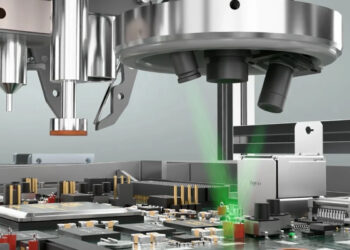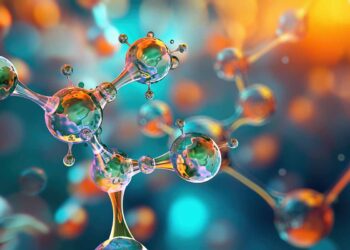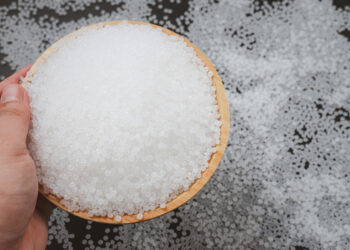Closed Loop Partners, NextGen Consortium and AI developer Greyparrot plan to study the composition of polypropylene in recycling streams using artificial intelligence.
Researchers at Closed Loop Partners’ Center for the Circular Economy want to find out why so much food-grade PP ends up in nonfood-grade applications after being recycled. To answer that question, they first need to know how much of the stream is made up of food-grade material.
The study will build on work done by the NextGen Consortium and Resource Recycling Systems in 2022 that examined PP bales in two materials recovery facilities (MRFs). That exercise found that 26% of the bales were clear (natural) food-grade PP and an additional 22% was colored food-grade PP, for a total of 48% of the bales that were food-grade PP.
“This year, the NextGen Consortium is diving even deeper, launching a first-of-its-kind study leveraging artificial intelligence (AI) to analyze the composition of the PP material stream well before it ends up in a bale,” a press release noted.
The study will install “Greyparrot Analyser” units above the PP recovery conveyor belts at four U.S. MRFs to track and categorize objects in the stream and determine the volume of food-grade material over six months. The selected MRFs are Balcones Recycling in Texas, Cougles Recycling in Pennsylvania, Rumpke Recycling in Ohio and Eureka Recycling in Minnesota.
How this data will help
The time frame will hopefully allow the study to account for seasonality, “determine the potential untapped value in these streams and identify other materials that might be coming through unintentionally,” the press release noted.
“This data can also help shed light on the presumed volume of food-grade material being captured in the system, along with opportunities for recovery and separation into distinct value chains,” the press release added. “More broadly, this can advance a circular economy for valuable materials, improve material quality delivered to recycling facilities and enhance the value of recyclable commodities shipped to U.S. end markets.”
Curt Cozart, president of Common Sense Solutions and technical advisor on the project, said in the press release that because there is so much yet unknown about curbside PP recycling, “filling these knowledge gaps can increase the pace of development for material recovery.”
“Understanding the composition of the stream in a large-scale study highlights potential, reduces risk for pioneers and accelerates better design implementation,” he added. “This study will be the catalyst to developing much larger-scale recycling of polypropylene.”
Cozart is also the chief operating officer of the Association of Plastic Recyclers (APR). APR owns Resource Recycling, Inc., which publishes Plastics Recycling Update.





















